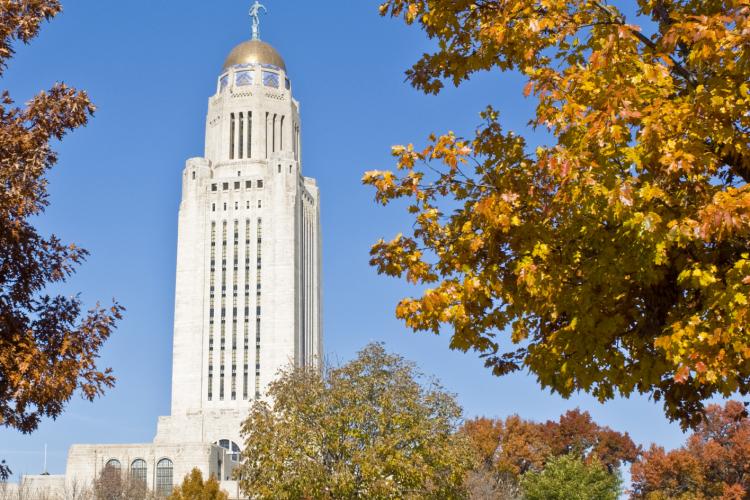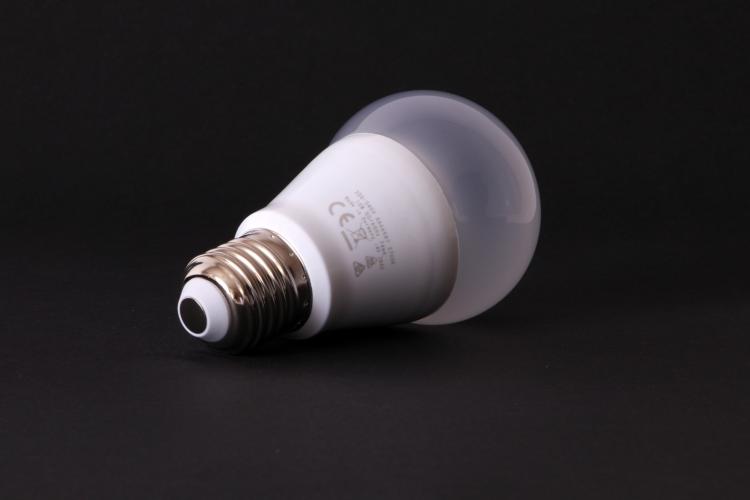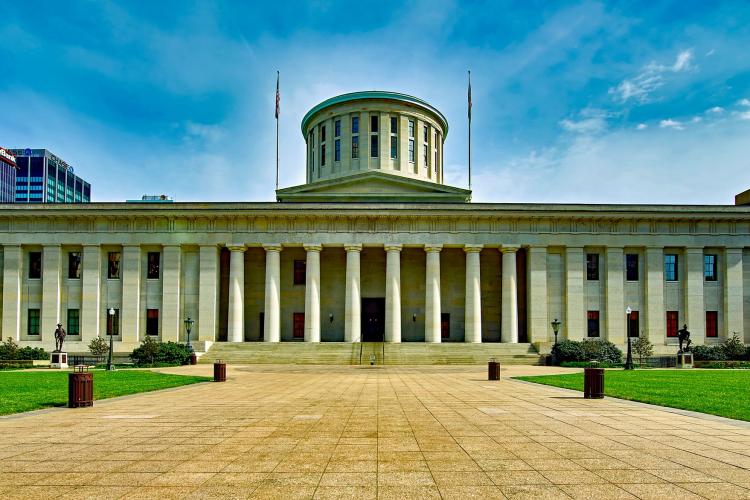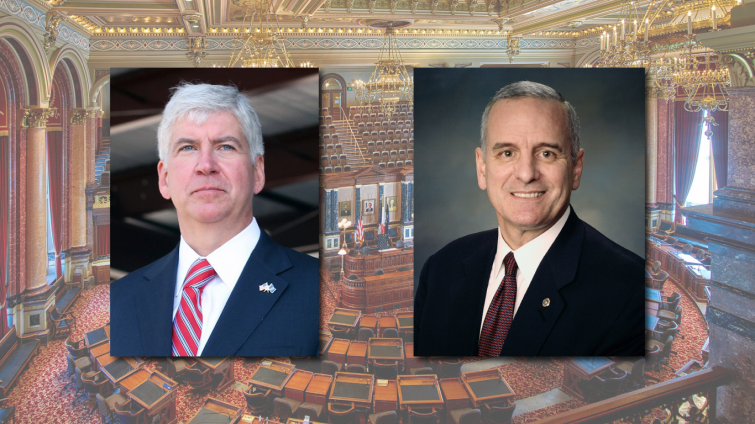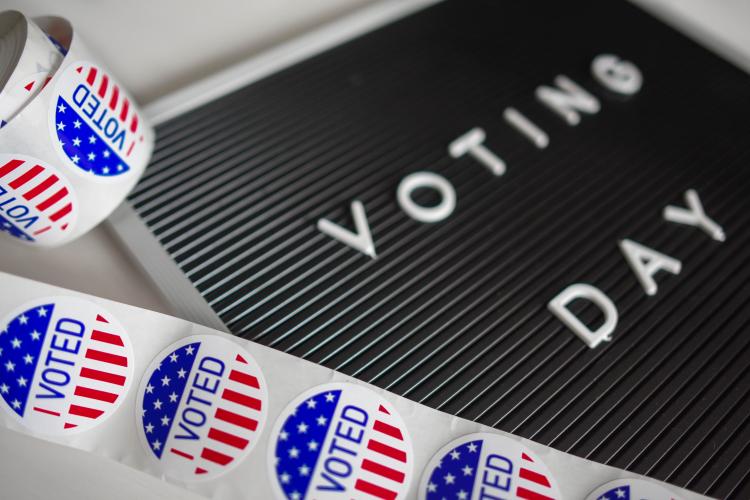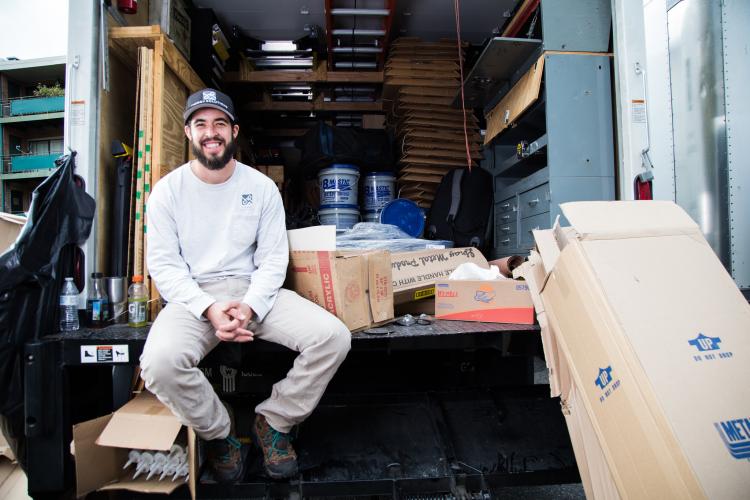Nebraska Just Passed the Midwest's Leading Energy Code
Nebraska’s buildings are about to get a lot more efficient. Seriously, a lot more efficient.
On Wednesday, May 8, Governor Ricketts signed LB405 into law. The bill, introduced by freshman Senator Megan Hunt, updates Nebraska’s statewide residential and commercial energy code to the 2018 International Energy Conservation Code (IECC) without amendments, making Nebraska the leader in efficient building codes in the Midwest, and neck-and-neck with national leaders like Massachusetts and California.
